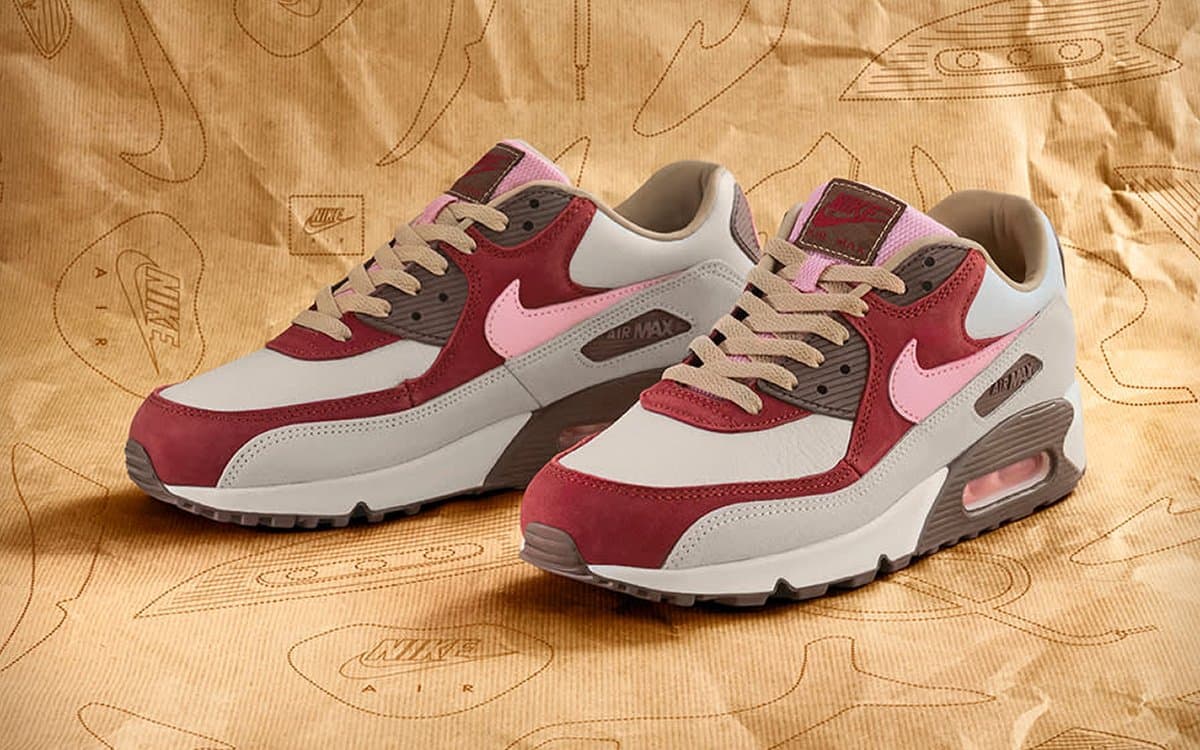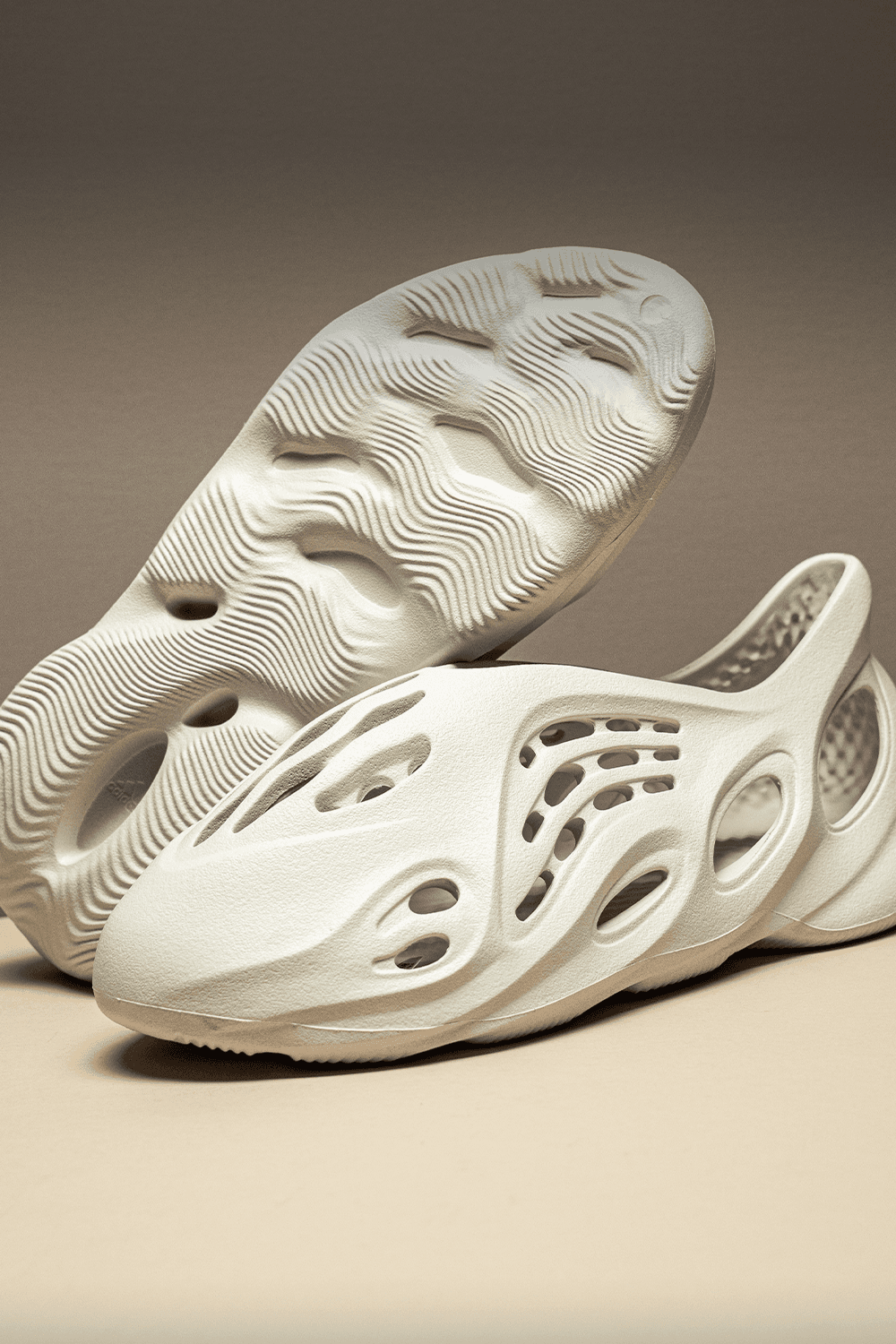The Fragile Balance between Retailers and Resellers

“We’ve had to rethink the release as resellers tried to ruin it for the majority of us this morning”. A sentence seen and said too many times by stores across the world every time they drop a hyped item on their website. The question is, why do they care so much?
When a website releases a limited shoe such as a Jordan or a Yeezy, you can expect a multitude of bots and resellers trying to purchase the shoes at the same time. Bot protection can usually only do so much with bots taking most of the stock - and if by some slight chance the bot protection is good enough that all bots are stopped, you can put your money on the fact that the website will either be too fried due to so many requests to allow manual users to checkout, or that bots will adapt and by the next release will be back to take the majority of the website’s stock. Some websites seem to care a lot about this, constantly changing up their bot protection solutions and making statements that they “will not succumb to the bots”, or running raffles where they try to get the shoes to the “true fans” in a fair way. As I said before - why do they care so much? A retailer’s main goal is to sell Nike’s stock and make money from their sales, so having all their stock sell out in a few minutes, whether it be due to bots and resellers getting multiple pairs each or sneaker collectors who just want a single pair for the toe, shouldn’t matter to them as they will still sell all their stock and will still make the same amount of money. In terms of their profits, a website shouldn’t care one bit, and it seems some don’t with a lot of stock going blatantly to resellers. A lot of retailers dabble heavily in backdooring, a process in which they sell straight to the resellers before a release at a higher price than issued by Nike. This happens all the time, with the most notable being the Trophy Room X Jordan 1 release, where an estimated 80-90% of the 12000 pair stock was backdoored to resellers and then subsequently covered up through the use of an email raffle that no-one could enter. One instance of backdooring sticks in my mind: I witnessed a backdoor of Yeezy Slides on the shop floor, a day after the release back in September 2020 from a store called Offspring.

Why is this so important that I had to mention it? Well, for those not based in the UK, Offspring is a Tier-0 shoe retailer who usually does 2-3 minute Instagram raffles to release their shoes. When going on their Instagram page @offspringhq, the first thing that’ll be slapped into your face at every point is their hashtag #offspringhqcommunity, a hashtag supposed to represent their community of sneakerheads and collectors that they support. Offspring is known to run competitions for some of their most limited and coveted releases, for example a picture competition for the Off-White Jordan 5 Sails that released in October 2020, and most recently a bacon sandwich creative for the Air Max 90 Bacon. Offspring has made multiple announcements about releases, putting in place rules to stop resellers from purchasing from them - their raffles are collection only and winners will have to wear their previous Offspring win to collect their new one, to prove they haven’t sold it on.
So, how can a store so rooted into the sneaker community and supporting collectors, as well as openly and fiercely fighting resellers, also be backdooring pairs to resellers? This brings to light the symbiosis between retailers and resellers; an unlikely codependency that is needed to keep the sneaker world spinning. Arguably without resellers, the sneaker community wouldn’t be anywhere near as large as it is. Sure, there will always be those interested in the styles, looking to collect shoes that they consider aesthetically pleasing - but let’s not forget that a large driver behind the sneaker community is flexing. People love to flex their collections, their recent pickups, and their favourite pairs, and more often than not the flex value comes from the fact that they allude to having the funds to pay out thousands for coveted pairs. A post with a pair of MCA Off-White Air Force 1s will garner more likes than a post with a pair of some GR Air Forces - in fact, most people wouldn’t consider posting a picture focussing on their white Air Force 1s they got from the Nike App with a 10% discount code because those shoes aren’t hyped or limited, and therefore didn’t come with the hefty price tag. Resellers drive the flexing wheel and create the environment that sneakerheads use to flex in.
The statements I have just made may seem outlandish and unsubstantiated, so let’s take a step back and look into why reselling exists. Reselling exists because of the schism between supply and demand, with demand vastly outweighing supply. Nike and adidas both know this extremely well and use the technique of dropping limited stock to keep themselves relevant. When you have a large demand for only a small amount of items, the natural laws of the universe decree that someone is going to be there to profit off it and this is something that has happened since the dawn of human history. When the reseller appears on the scene of a low-supply high-demand incident, they become an entity that drives the increase in scarcity, making the items even harder to get for the average person. This in turn increases the demand heavily.

There have been multiple studies and academic research papers written on the topic of scarcity and how it affects the average person’s purchase intentions. A 2016 paper in the Journal of Retailing called “Limited Edition for Me and Best Seller for You: The Impact of Scarcity versus Popularity Cues on Self versus Other-Purchase Behaviour” found that the more limited a product is, the higher someone’s want to purchase it becomes. Therefore, applying the findings to the sneaker aftermarket, we can see a strong correlation between this and people willing to pay over the odds to get a pair of shoes that they weren’t able to get on release day. It is impossible to debunk that flexing plays a heavy hand in the sneaker collecting world, and we see it all too often - with mediocre-at-best shoes achieving “grail” status simply because they were limited and garnered an aftermarket value. Let’s not forget the Foam Rnnr release in March 2020, where people went crazy over what are practically Crocs with a bit more insanity thrown into the mix. If the Foam Rnnrs weren’t a limited Kanye shoe worth four times their retail price, they would sit on shelves across the world and people wouldn’t be posting pictures on Instagram showing them off. Nike, most notably, is fully aware of the aftermarket and clearly use it to their advantage, dropping release after release of limited-stock-high-demand shoes. Being masters of marketing and understanding their target audience, they know exactly what to release and when to release it, and the resale market that appears from their releases keeps Nike relevant and talked about.
So, we have established that resellers help drive up the demand for a shoe, but how does this help retailers? Well, if a retailer stocks a limited shoe, they’re guaranteed to sell out within minutes of the release, meaning tidy profits for them. Without the hype and without the resellers, retailers would be doomed to spend all of eternity putting shoes up for reduced prices in their end of season sale as no one is interested in the pair. Resellers give retailers the ability to expand and increase their capital, not only through the releases but by also giving them the ability to backdoor. Offspring isn’t the only store who backdoor, and as I mentioned before, backdooring gives retailers the ability to increase their profits, especially on a limited stock shoe that they may not be making so much money from. It’s why so many skate shops backdoor - they might only receive between ten and thirty pairs of a limited SB Dunk, and by backdooring half of their stock to resellers for a higher price than retail they can increase their profits heavily, especially if the release is in heavy demand.
If you speak to an “OG” sneakerhead, chances are that they’ll tell you about how much they hate resellers - and they’re completely right to, as these people have taken what sneakerheads love and bastardised it, turning it into a mad scramble for profits. Resellers constantly ruin releases for the average person, prohibiting them from getting that shoe they’ve been saving up for for months by taking the entire stock of the website before they even have a chance to add the shoe to their shopping basket. And even when they manage to get to checkout with the shoe in their cart, the resellers' bots cause the website to crash, now allowing them to checkout and meaning their cart is emptied - and the shoe is out of stock by the time they manage to get back into the website. Retailers seem to dislike resellers for similar reasons, with website crashes being expensive to fix and meaning that less time is spent by average customers purchasing average shoes. And yet, amongst all of this, people forget that all of these problems and challenges are what make the sneaker culture they identify to grow - like I said before, if a pair of shoes wasn’t hard to get, the average person wouldn't give it so much praise. Besides, most of the people looking to purchase the shoes know about them because they hold that “flex” value.
Now, why would resellers need retailers? It’s simple really. The large number of retailers around the world allow resellers to pick and choose where they’ll get their pairs from. Retailers are the source of the reseller’s potential investment and allow them to make a living. Reselling may be the ruining factor of sneaker culture for many, causing a large amount of people to be unable to get the shoes they’ve always wanted unless they pay eye-watering prices - but it’s also one of the driving factors behind why they want those shoes. The aftermarket can never be named the sole reason behind why hyped shoes are hyped and Nike, adidas and other brands’ precise marketing tactics play a huge part in it - but without reselling, we wouldn’t have anywhere near the type of environment so many sneakerheads enjoy and take part in. Retailers will always need resellers, resellers will always need retailers, and this unspoken partnership between the two has allowed the value of the sneaker market to grow exponentially, with a predicted value of $95 billion in 2025. Like it or not, there will always be resellers, because the sneaker world needs them to exist.
